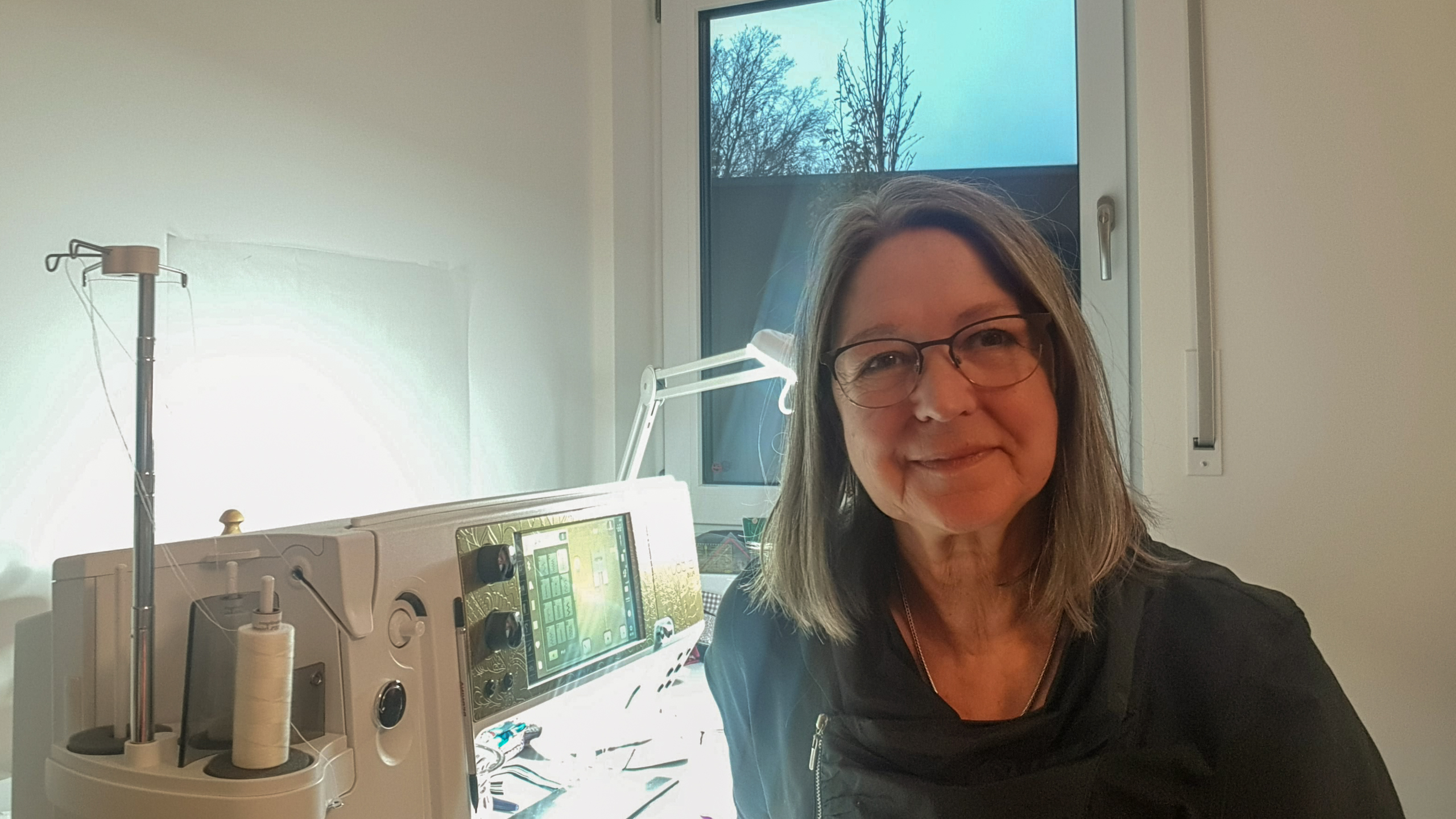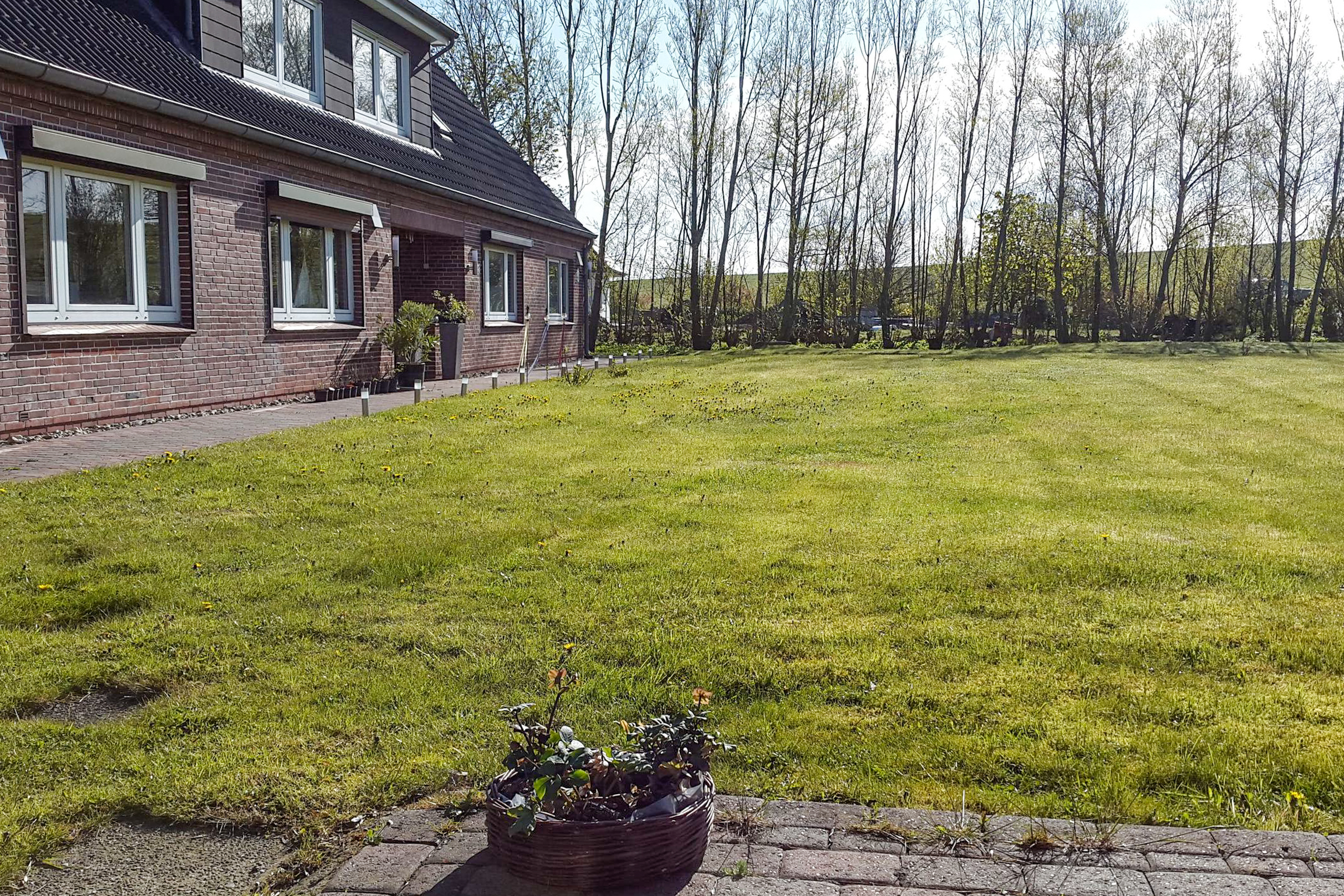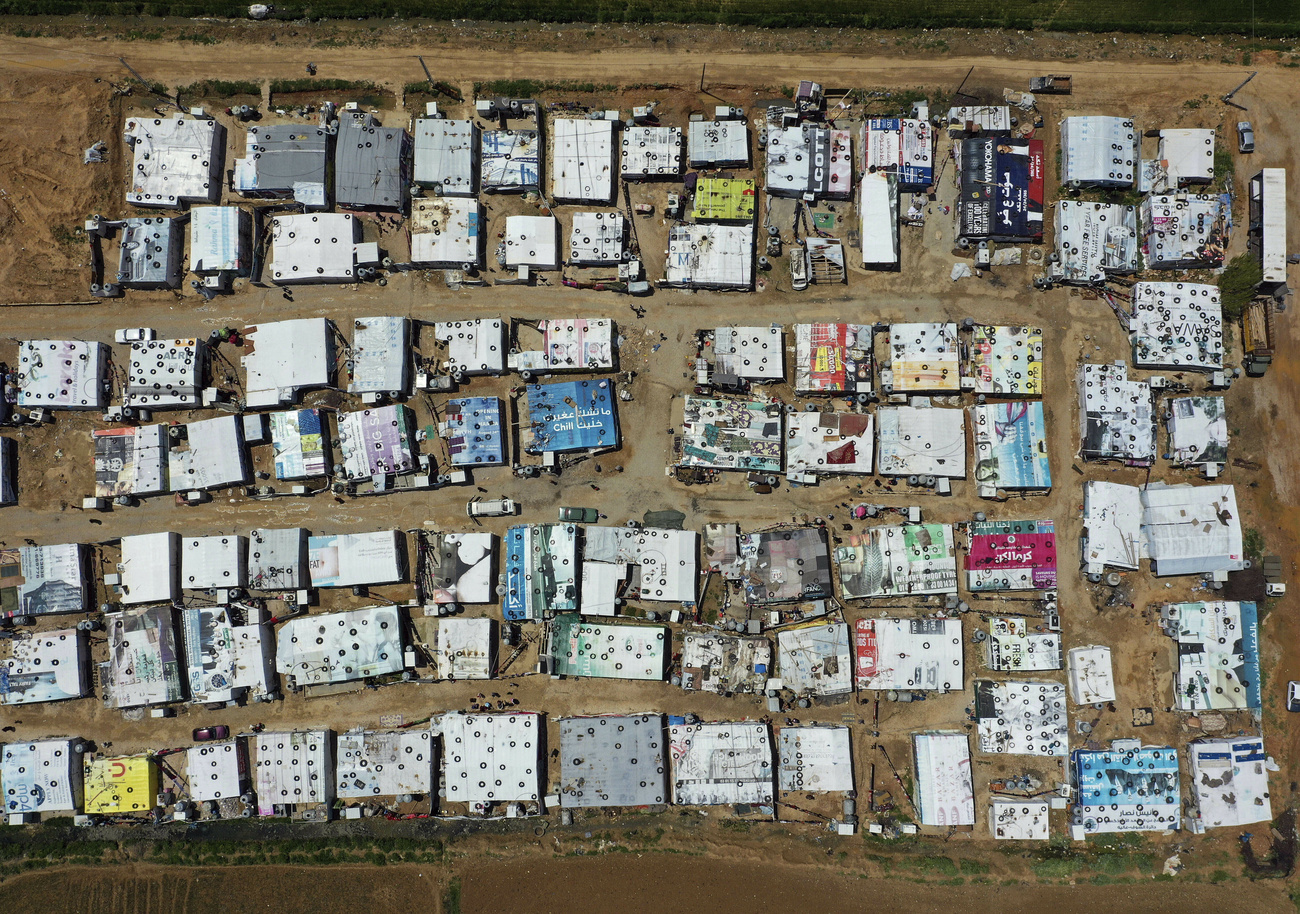
Shattered dreams – a Swiss emigrant returns home

The coronavirus pandemic has hit many Swiss emigrants hard. An increasing number feel compelled to return to Switzerland. Lotti Pfyl is among them.
“This is the lowest financial point of my life,” says 60-year-old Lotti Pfyl. She has made up her mind. She is giving up her life as a Swiss woman abroad. She is returning home from Germany in February 2021. “I had to admit to myself in the last months that I haven’t made it work.”
In the past five years, an average of around 25,000 Swiss returned from abroad annually, according to the Federal Statistical Office. For 2020, there are no figures yet.
The Federal Department of Foreign Affairs (FDFA) reported in May that its offices abroad, its helpline and the Basel Office of Economy and Labour had received an increasing number of requests from Swiss emigrants who wanted to return home. Most Swiss abroad come back without the consulate’s help, as will be the case for Lotti Pfyl.
Earlier than planned
Her original idea was to set up an independent life in Nordfriesland in northern Germany. She had spent her holidays there over many years and built up a circle of acquaintances and made friends. She originally planned to emigrate after her retirement. She thought that the relatively small private pension she would manage to save by then, together with her state pension, would go much further there that it would in Switzerland. Pfyl divorced before the year 2000, and at that time pensions were not divided between spouses.

But a burnout prompted her to reconsider, and she left Switzerland ten years before retirement. A mother of two adult children, she cashed in her pension and bought a big house with holiday apartments in Nordfriesland. She began renovating and let the apartments. She also earned a little extra money on the side by sewing.
But after four years on the island, she had to give up her project. “It was too much to cope with alone.” She managed to sell the property within three months and, after a stop on the way in Husum, she went south to Upper Palatinate in Bavaria, where she found a job.

Pfyl is a trained ventilation draughtswoman and has a federal qualification as an accountant. She is also a trained seamstress. In February 2020, she applied, fully motivated, for a job with a leading manufacturer of sewing machines. Then the coronavirus hit and all her hopes were once again dashed to the ground.
“My employer had no more work for me,” she says. But Pfyl remained positive and applied, for instance, for a job as a contact tracer in Bavaria. But since the interview in the summer, she says she hasn’t heard anything.
“Just come back”
The second wave of the pandemic in the autumn brought doubts with it. She had no income, and because of social distancing, it was almost impossible to get to know people in her new home. “And that won’t change for the foreseeable future,” she says.
Thoughts of returning came gradually – and then became firm plans. Friends and family in Switzerland said many times on the phone: “Then just come home.” Pfyl began to do some research. “What must I take into account on returning, and what conditions have to be in place? Where would I get support?” She contacted the Swiss consulate and began to look for a job and an apartment in Switzerland.
It was a difficult undertaking. “Hardly anyone wants to invest in me at the age of 60,” Pfyl says. But she quickly found out that she would get help if she came back. That eased her mind. What frightened her was the information she got from the consulate. “The consulate will only help if you have sold everything that you own and only take back what fits in a car. That is absurd.”
“I at least need furniture and my computer for job applications,” she says. “It would cost far more to buy everything again in Switzerland.” As she recounts her fate on the phone, she is struggling with tears. “I have to fight my demons every day to avoid falling into an abyss, because I will be reliant on social welfare.”
Social welfare prevents many from returning
While the “shame” of depending on social welfare puts many Swiss abroad off returning, Pfyl is summoning her courage and taking the step. “I will do it,” she says with conviction. Even if this means that she has to give up her car in order to apply for benefits and will need to think twice about even the smallest of expenses. “My dream is shattered, and now I have to look ahead to the future.”
An increasing number of Swiss are suffering the same fate as Pfyl since the outbreak of the pandemic. The Organisation of the Swiss Abroad (OSA) has observed the trend: “We have an increasing number of inquiries about returning to Switzerland. About 75% of them ask questions relating to social welfare when they return,” says spokeswoman Jézael Fritsche.
The Swiss foreign ministry, which supports Swiss nationals abroad, writes that “in the context of the coronavirus pandemic, 56 people have received social benefits. The support has been paid out as emergency aid for a short period. This is generally about three to four months, even if the criteria to qualify for social benefits are not met in full.”
Consulates have bent the rules in some cases. Elisa Raggi, a spokeswoman, gives one example. “As a rule, social welfare can only be paid out abroad after a residency of about five years. In this extraordinary situation we have, for example, given support in some cases where this minimum residency has not yet been reached. If the coronavirus pandemic lasts for longer, then we must anticipate an increase in requests for support,” the ministry spokeswoman says.
As far as requests received by the ministry for support to return home are concerned – cases of emigrants who wish to return but cannot finance the journey themselves – the number is no higher than average. By November 20, 77 such applications had been received. In 2019, it was 79 in total.
To help applicants get through emergency situations and reintegrate in Switzerland, OSA also has a fund called “Kilcher.” It is modest financial aid in the form of an interest-free loan for returning Swiss emigrants. “The E.O. Kilcher fund was used in 2020 to make payments to applicants,” OSA writes. “We have also had more inquiries about it.
In the meantime, Pfyl has been able to celebrate one small success. She has found an affordable apartment in Walzenhausen in the canton of Appenzell Outer-Rhodes. She will be back in February 2021. She is taking this step very seriously. “I am simply trying to organise everything as far as possible in advance,” she says. She is looking forward to seeing her family, to speaking Swiss German again, and to vermicelles – a Swiss dessert made with chestnut puree.

In compliance with the JTI standards
More: SWI swissinfo.ch certified by the Journalism Trust Initiative
































You can find an overview of ongoing debates with our journalists here . Please join us!
If you want to start a conversation about a topic raised in this article or want to report factual errors, email us at english@swissinfo.ch.